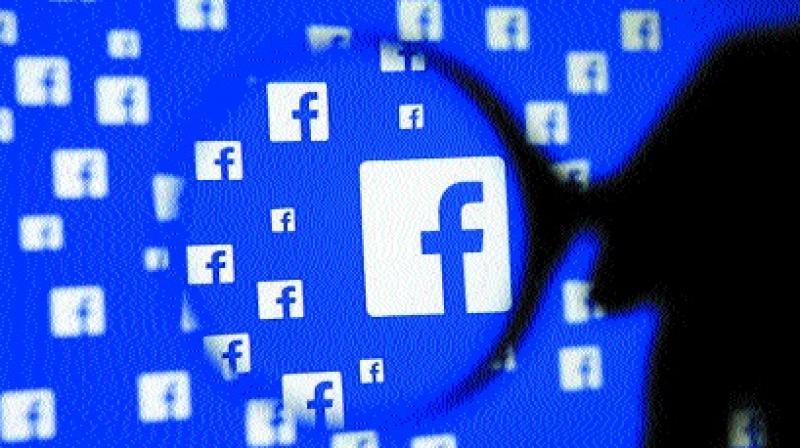Fake news is the new post-truth

In the rat race of the current highly competitive world, where people get replaced by gadgets, the biggest casualty is truth. As outgoing US President Barack Obama had said: “If we are not serious about facts... particularly in an age of social media... then we have problems.”
This is precisely what is happening in the technologically developed world. Traditional media has been replaced by social media, where the person disseminating information does not verify its veracity and neither does the person forwarding the information checks the credentials of the sender. The result is blurring of difference between real and fake information.
In the year that is all but over, we have fake news influencing election of the most powerful person on the earth, the US President; it almost made two countries threaten a nuclear war and it also made lakhs of Indians become paranoiac about holding the new Rs 2,000 note.
However, many people do not seem to agree easily that they could get fooled by fake news. A study conducted by the US-based Pew Research Center brought out this dichotomy. Nearly 65 per cent people who participated in the Pew poll believed that fake news caused “a lot of confusion among people”.
However, most of the participants won’t agree that they would believe in such news. A similar study conducted by Stanford University that Americans rarely recognise false stories or biased sources.
Globally, it was found that fake news spreads faster than the real news. Experts say that one of the reasons for this could be that fake news are generally hyped-up ones which make impulsive social media users to share it among their networks.
Americans feel that Facebook and other social media companies should do more to prevent fake news from populating their social media wall. While social media companies may try to do their bit, the experts feel people should not trust the information shared on just social media sites. They said it would be better if people check the information from other sources.
People’s opinion is crucial for shaping democracy. If people’s decision-making is based on wrong information, the rulers who are elected will be inefficient and the democratic system that empowers people will also become defective.
How fb will spot the fake news
Mid-December, Facebook said, “A few weeks ago we previewed some of the things we’re working on to address the issue of fake news and hoaxes. We’re committed to doing our part and today we’d like to share some updates we’re testing and starting to roll out.”: More on it:
Easier Reporting
Facebook is testing several ways to make it easier to report a hoax if you see one on Facebook, which you can do by clicking the upper right hand corner of a post. The SNS is relying heavily on its community for help on this issue, and it can help it detect more fake news.
Disputed Stories
Facebook says it believes providing more context can help people decide for themselves what to trust and what to share. It has started a programme to work with third-party fact checking organisations that are signatories of Poynter’s International Fact Checking Code of Principles. It will use the reports from its community, along with other signals, to send stories to these organisations. If the fact checking organisations identify a story as fake, it will get flagged as disputed and there will be a link to the corresponding article explaining why. Stories that have been disputed may also appear lower in News Feed.
It will still be possible to share these stories, but you will see a warning that the story has been disputed as you share. Once a story is flagged, it can’t be made into an ad and promoted, either.
Informed Sharing
Facebook is always looking to improve News Feed by listening to what the community is telling it. It has found that if reading an article makes people significantly less likely to share it, that may be a sign that a story has misled people in some way. It is going to test incorporating this signal into ranking, specifically for articles that are outliers, where people who read the article are significantly less likely to share it.
Financial Incentives
Facebook has found that a lot of fake news is financially motivated. Spammers make money by masquerading as well-known news organisations, and posting hoaxes that get people to visit their sites, which are often mostly ads. So it is doing several things to reduce the financial incentives. On the buying side FB has eliminated the ability to spoof domains, which will reduce the prevalence of sites that pretend to be real publications. — via web

